Cymbeline at the Barbican
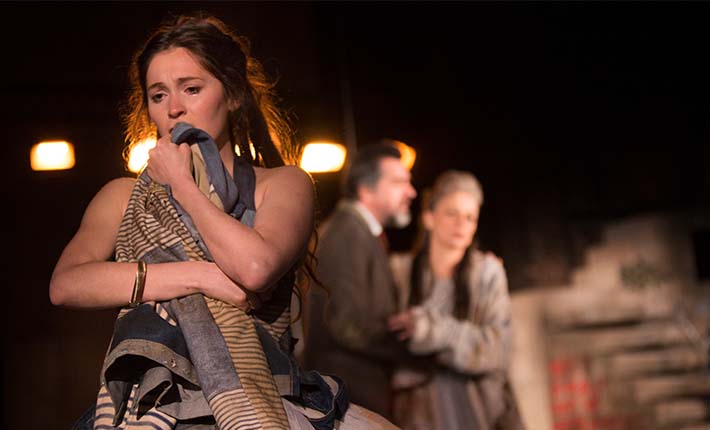
400 years ago Shakespeare posed the same questions we see plastered on bill boards and news stands: What is Britain’s identity? Cymbeline’s Britain is an island torn between isolation and integration, both desiring and fearing being a “a world by itself”. It is chaos: royal children are stolen, a prince beheaded by savages, Cymbeline’s daughter disguises herself as a man. Shakespeare’s original ending is tidy – this is not. The production emphasises the hollowness of the “clean up”, which threatens to be as meaningless and ineffectual as Theresa May’s “Brexit means Brexit”. The audience are left questioning how Cymbeline, with her band of half savage children, will make “Britain great again” when they hardly know themselves.
The set places the action out of time: it could be future or past. This is an insular Britain where nature is concreted over: the trunk is all that remains of a mighty tree in the centre of the stage. Everything is decaying splendour. Even Rome, the symbol of empire (a perfect symbol for the EU), has lost its grandeur – sculptures are framed by glow-stick halos. Director Melly Still ingeniously has characters speak in their native tongues with subtitles occasionally projected on the wall: English is no longer the common language.
Women are the strength of the show. Gilian Bevan is Cymbeline and Guiderius, her heir, becomes Guideria. The protagonist is a flawed character but a sense of attempting to create a new order conceived outside of the patriarchy is explored. Bevan, dressed in kaki, has a grey humour that demonstrates her awareness of a world outside her own. She is both reconciled and enraged by Britain’s isolation. She perceives that her country is of the world but equally “not in’t”.
This production thrives off the play’s complexity; it revolts against the concept of an easy future. The director and cast create an imaginative landscape that conflicts and has inconsistencies that apply to our reality. Actors are believable; they speak intelligible Shakespeare, rather than hiding behind the words they live them. Cymbeline resonates to the same degree – or perhaps more so – as a dystopian horror film because the archaism of the language reminds us that Britain has never had a stable identity. Shakespeare is a soothsayer and Still’s production speaks and amplifies his vision.
Georgie Cowan-Turner
Cymbeline is at the Barbican from 31st October to 17th December 2016. Book your tickets here.
Watch the trailer for Cymbeline here:


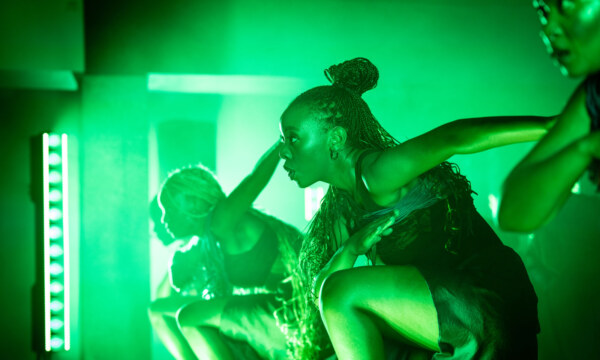
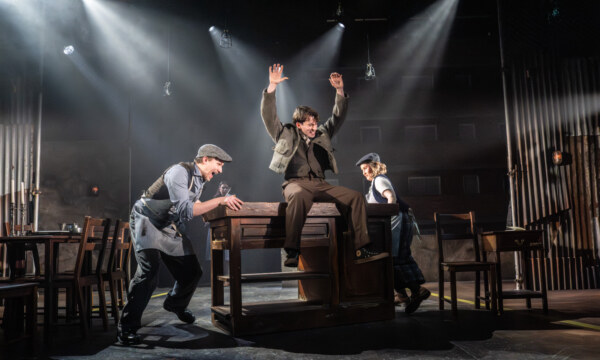
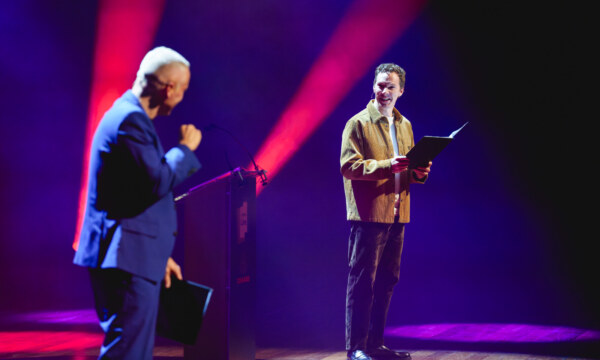
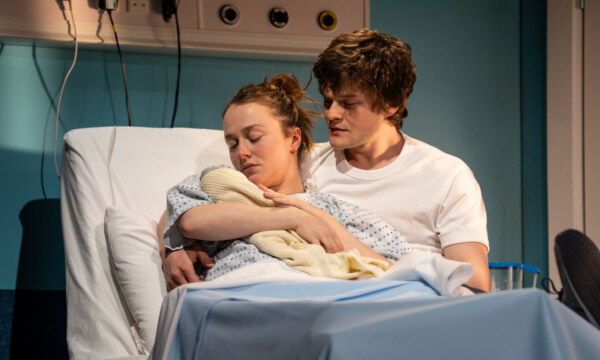
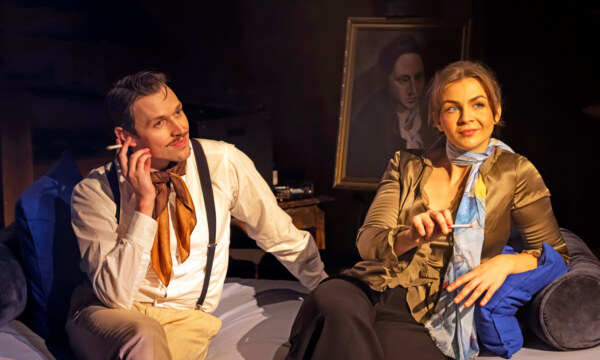


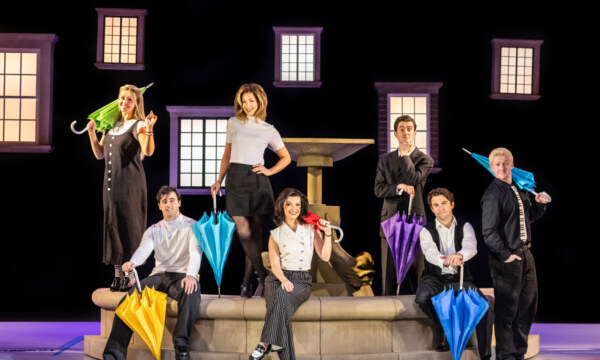
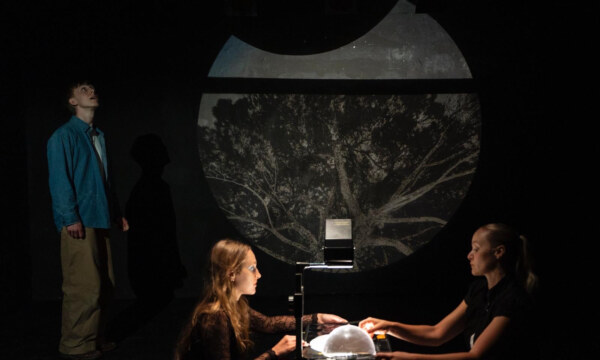
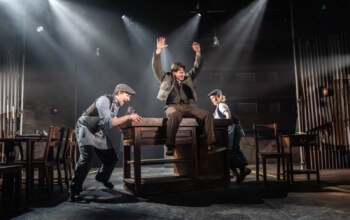

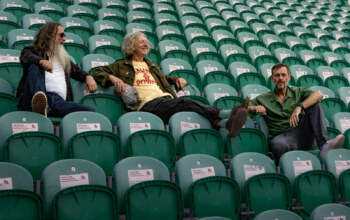





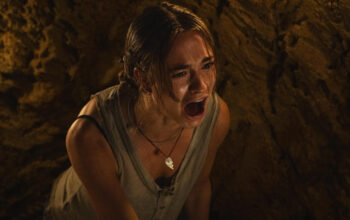


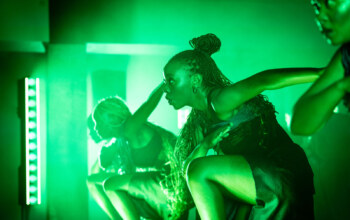
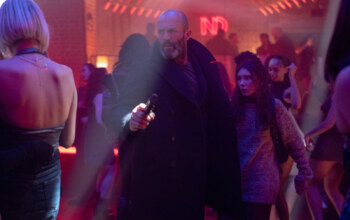

Facebook
Twitter
Instagram
YouTube
RSS